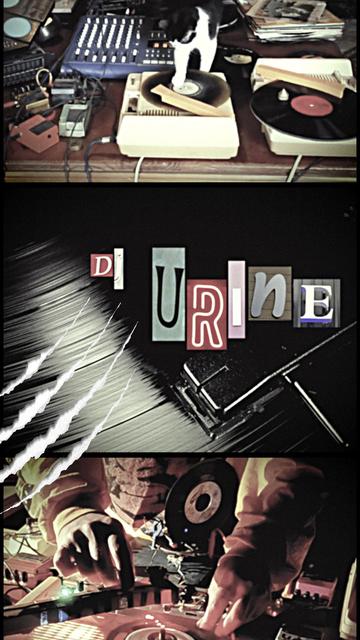Érick d’Orion & Martin Tétreault – Cisterciennes
https://neural.it/2026/01/erick-dorion-martin-tetreault-cisterciennes/
#neuralmag #neuralmagazine #musicreview #experimentalmusic
#experimental #soundart #audioart #electronic #electronica #improv #noiseambient #turntablist #turntablism #electronicexperimental #avantgardemusic #musiqueactuelle #albumreview #ambientnoise #artnoise #noise #electronicsoundscapes #soundscapes #noisemusician #freeimprovisation






